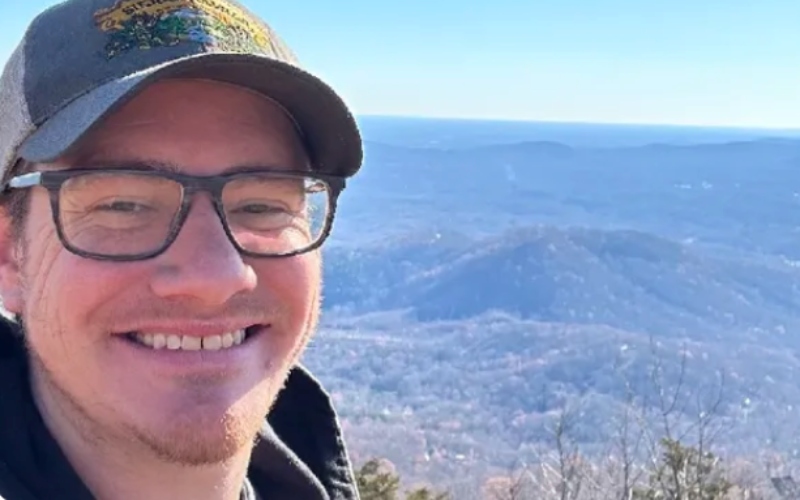North Carolina song evokes wonder
Published 11:41 am Wednesday, December 20, 2023
|
Getting your Trinity Audio player ready...
|
By John Hood
One of the most hauntingly beautiful songs you’ll ever hear at Christmastime originated right here in North Carolina.
Trending
John Jacob Niles was a Kentucky native who became a singer on stage and radio. He also became an inveterate collector of folk songs, making several journeys through the southern Appalachians in search of distinctive lyrics and melodies.
One such trip took Niles to the Cherokee County seat of Murphy, North Carolina in the summer of 1933. A poor family of revivalists, the Morgans, had camped in the town square for some time. After many complaints from local residents, the police approached the family and insisted they leave.
John Jacob Niles described what happened next:
“A girl had stepped out to the edge of the little platform attached to the automobile. She began to sing. Her clothes were unbelievably dirty and ragged, and she, too, was unwashed. Her ash-blond hair hung down in long skeins. … But, best of all, she was beautiful, and in her untutored way, she could sing. She smiled as she sang, smiled rather sadly, and sang only a single line of a song.”
Niles quickly scribbled down the line. In exchange for seven donated quarters, Annie Morgan repeated the fragment seven times. Then the family departed Murphy — and the visiting artist departed with the raw materials and inspiration of what has become a standard, “I Wonder As I Wander.”
Its first performance occurred ninety years ago this week: on December 19, 1933, at the John C. Campbell Folk School in Brasstown, North Carolina.
I’ve heard the song performed many times, in many different arrangements and settings. I even recorded it myself decades ago, on one of the annual Christmas albums my friends and I used to produce. There’s more than meets the eye (and ear) in its first stanza:
I wonder as I wander, out under the sky,
how Jesus the Savior did come for to die
for poor on’ry people like you and like I;
I wonder as I wander, out under the sky.
There’s an ambiguous word here, “on’ry.” When the song is performed, some pronounce it phonetically while others slip in another “r” to render it “or’n’ry.” Some printed versions of the song actually use the latter spelling.
What’s going on here? The contraction “on’ry” is generally understood to mean “ordinary.” Niles needed two syllables, not four, to fit the meter of his song. But the word “ornery” popped up in the early 1800s as a Northern English or Scottish version of “ordinary,” then by mid-century had evolved into its current meaning of “cantankerous.”
In the largely Scotch-Irish culture of the southern Appalachians, the term “ornery” was common — and used as much as an expression of pride as an accusation that someone else was being troublesome or bull-headed. Assuming the songwriter’s account is accurate (Niles was known to shade the truth), couldn’t you see little Annie express amazement that God would become flesh to save “poor, ornery people” like her family?
I can. To all my fellow North Carolinians, I wish you a very Merry Christmas!
John Hood is a John Locke Foundation board member. His latest books, Mountain Folk and Forest Folk, combine epic fantasy with early American history (FolkloreCycle.com).





